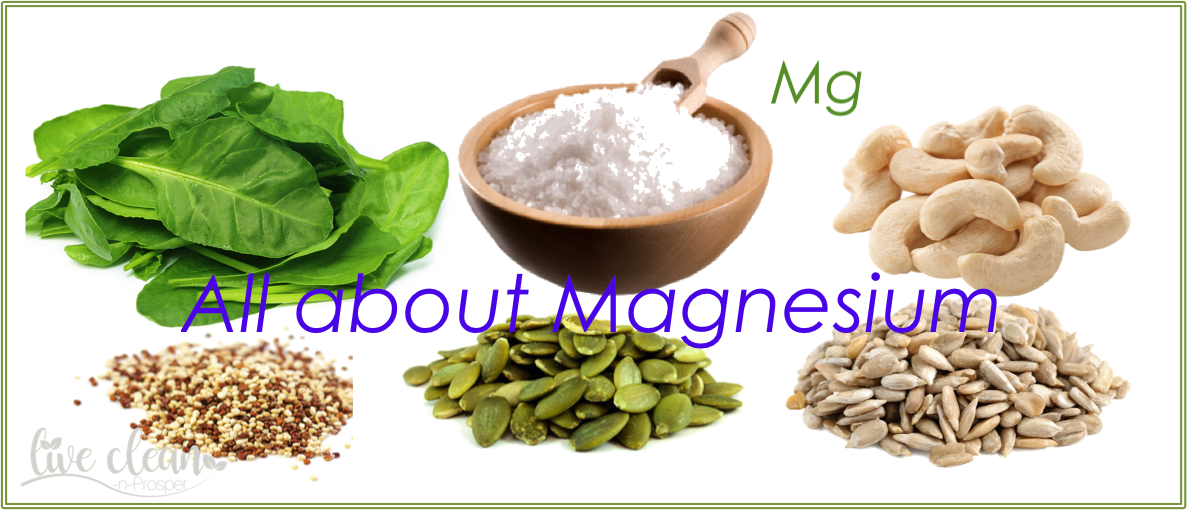Todays post is all about Oranges.
We have an orange tree in our garden and this winter we harvested several buckets of oranges. So for a while, we are able to enjoy some lovely fresh fruit or juice every day.
Most of us are aware that this fruit is an abundant source of vitamin C. The average medium orange will provide an adult with the recommended daily dose.
However, studies in both animals and humans indicate that regular consumption of oranges is associated with various health benefits.
The other health benefits.
Oranges also contain health-promoting compounds known as flavanones. Research suggests that these flavanones help support the body, protecting it from conditions such as heart disease and cancer. These compounds also have some anti-inflammatory, antiviral and antimicrobial benefits.
One antioxidant compound found in oranges, called hesperidin, may be beneficial in helping to lower high blood pressure and cholesterol. Clinical studies have found that daily intake of orange juice actually has a blood-thinning effect.
This fruit is also a good source of fibre, B vitamins, vitamin A, calcium and potassium. The main fibres found in oranges are pectin, cellulose, hemicellulose and lignin. Studies have also found that these citrus fibres also play a part in decreased blood cholesterol levels.
Oranges, and other fruits of the citrus family, are high in citric acid and citrates, which contribute to the taste. Research indicates that citric acid and citrates from oranges may help prevent kidney stone formation. Both vitamin C and citric acid can increase the absorption of iron from the digestive tract Therefore, when eaten with foods rich in iron, oranges can help reduce the risk of anemia.
Oranges also contain choline, and carotenoids such as lutein and zeaxanthin. Choline is nutrient that helps with sleep, muscle movement, learning and memory. Choline also helps to maintain the structure of cellular membranes, aids in the transmission of nerve impulses, assists in the absorption of fat and reduces chronic inflammation.
Oranges and the eyes
Lutein and zeaxanthin are carotenoid pigments that give the yellow or orange colour to various foods. Numerous studies have identified these carotenoids to be essential components for eye health.
They constitute the main pigments found in the yellow spot of the human retina, which protect the macula from damage by blue light, improve visual acuity and scavenge harmful reactive oxygen species. Lutein and zeaxanthin have also been linked with reduced risk of age-related macular degeneration and cataracts.
A 15yr study has shown that people who regularly eat oranges are less likely to develop macular degeneration than people who do not eat oranges. Lead Researcher Associate Professor Bamini Gopinath from the University of Sydney said the data showed that flavonoids in oranges appear to help prevent against the eye disease. “Even eating an orange once a week seems to offer significant benefits.”
Eating oranges is generally healthier than just drinking the juice. One cup of orange juice has a similar amount of natural sugar, as two whole oranges, without the fibre.
Interestingly, the peel actually contains higher amounts of certain nutrients than the flesh, so using recipes that incorporate the zest of an orange will give your diet an extra boost.
I wonder if oranges are going to be called the next ‘super food’?
Till the next post,
Live clean n prosper



